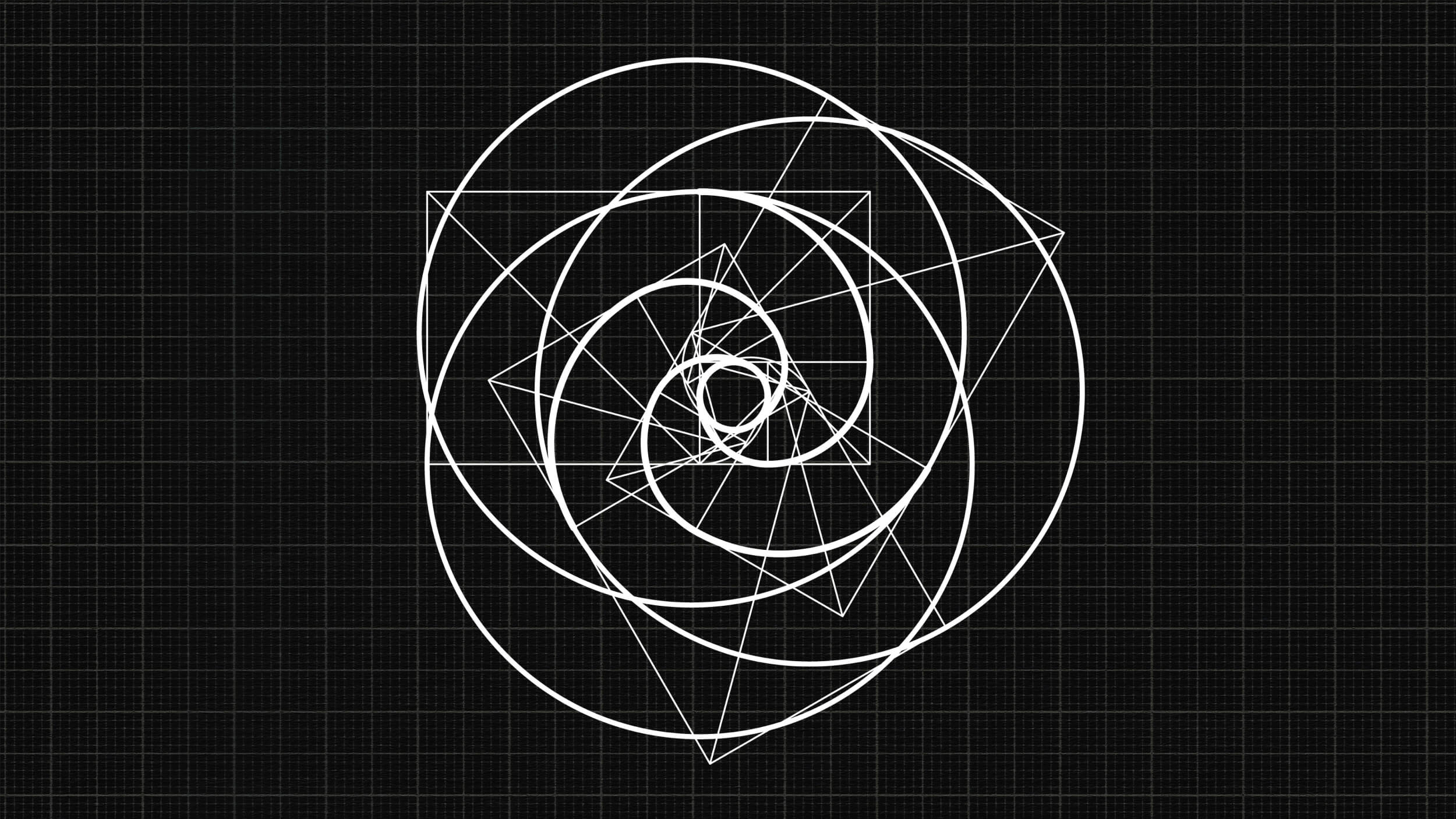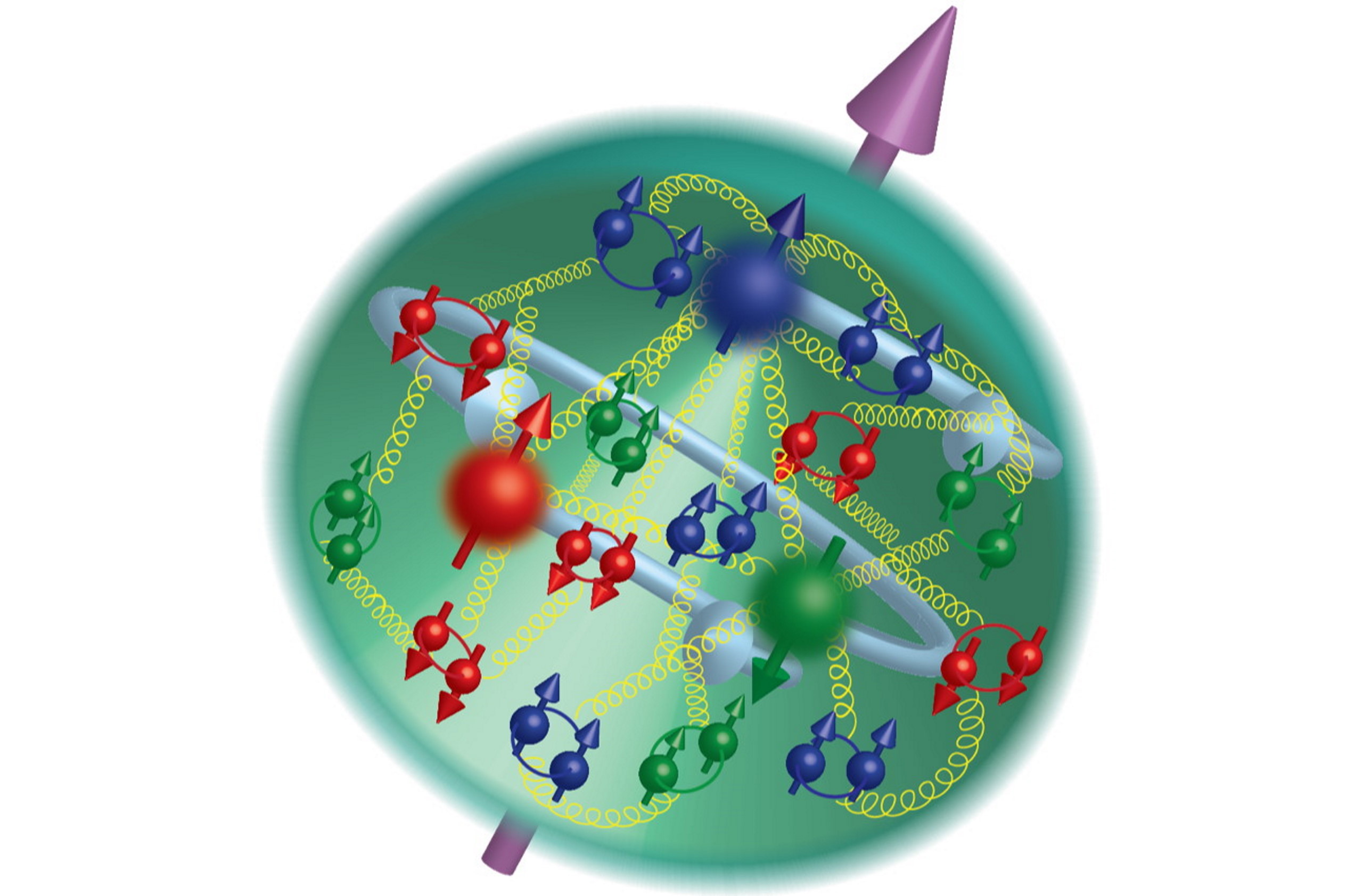Einstein, Schrödinger, and the story you never heard
How “faith” in the Universe destroyed two brilliant men of genius.
“I don’t like it, and I’m sorry I ever had anything to do with it.” –Schrödinger
The idea that if only we’re smart and clever enough, we can predict how the Universe will unfold, goes back long, long before humanity even had an inkling as to what the enterprise of science would come to be. Prophets, augurs, soothsayers and diviners were seen to hold a truly mystic power, as the very prospect of knowing the future was as elusive but as tantalizing as the magic thought to be inside a philosopher’s stone.
But after generations of failure, something incredible happened. Building on the old astronomical works of Eratosthenes, Aristarchus, Hipparchus, Apollonius of Perga and Ptolemy, scientists of the 16th and 17th century began to not only to uncover predictive descriptions of how the lights in the skies above would move over time, but of the mechanism behind it. Culminating in 1687 with Newton’s theory of universal gravitation and the publication of his Principia, we had moved into a new, scientific era of prediction.
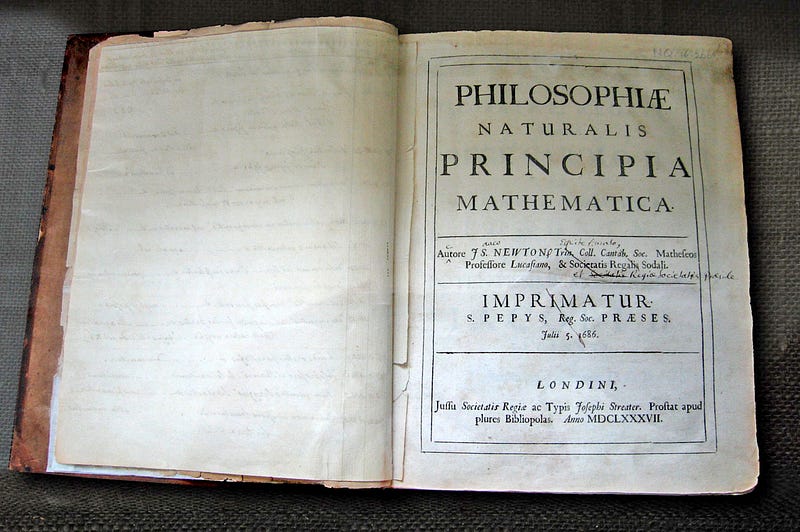
No longer would prediction be some sort of bet or interpretation, but rather what would physically happen in the future — from gravitation on Earth to the return of comets to a series of colliding particles — was all of a sudden completely determined. All you had to do was know the position and motion of each particle in the system, even if your system is the entire Universe, and the future of everything could be completely known with arbitrary accuracy, so long as you had arbitrarily large calculational power.
In the 19th century, electricity and magnetism became well understood as well, culminating in 1865 (150 years ago, exactly) with the formulation of Maxwell’s equations. This, too, was completely deterministic. So long as you knew the number of particles, the charge and mass of each particle, how they interacted and what their initial velocities were, you could predict the behavior of everything from the largest scales down to the smallest, with no uncertainty at all.
This was the Universe that both Einstein and Schrödinger were born into, and the one that both of them grew up investigating.
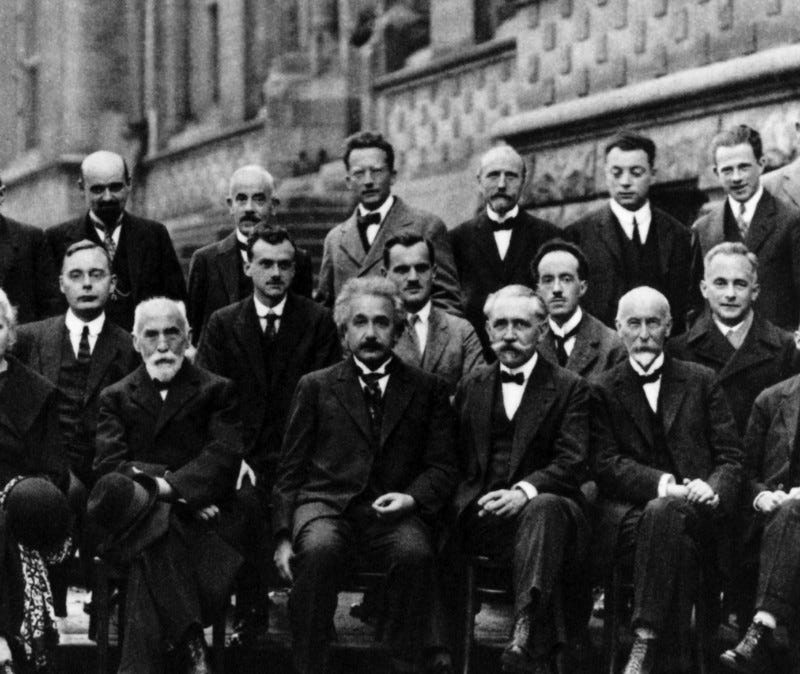
They each followed their own, unique path, both educationally — with Einstein developing his physical intuition but faltering at the math he deemed mostly useless, while Schrödinger became a model student, willing to fall in line with the academic fads and fashion of the day — and personally, in ways most of us never knew. Academically, Einstein made a huge number of contributions at a relatively young age, including to Brownian motion, discovering special relativity, the photoelectric effect and deriving E = mc^2 all in his 20s, while Schrödinger’s accomplishments were minor and modest as a relatively young scientist. Einstein went on to develop General Relativity in his 30s and then, in his 40s, to uncover the statistical properties of gases of identical particles. It was only with this last contribution — and some inspiration from Einstein himself — that Schrödinger made his great breakthrough: the development of the Schrödinger equation, at the relatively late age of 38, describing the probability density of particles, their energies, and their time evolution at a quantum mechanical level.

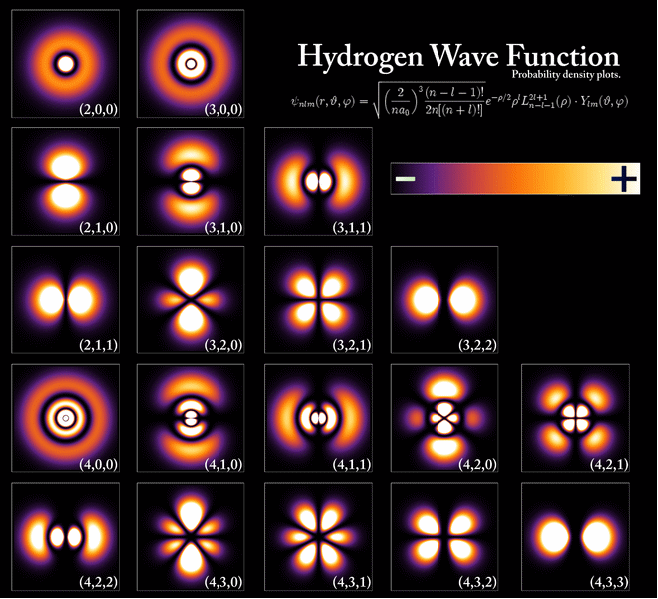
The story of two great physicists, and how they arrived at this point (and the personal struggles, influences, victories and… questionable choices they made along the way) is the subject of half of Paul Halpern’s new book: Einstein’s Dice and Schrödinger’s Cat: How Two Great Minds Battled Quantum Randomness to Create a Unified Theory of Physics. Along the way, you’ll run into a huge number of names and discoveries you’ll likely recognize (Rutherford, Ehrenfest, Schwinger, Heisenberg, Feynman, Minkowski and more), and other names and characters even professional physicists are mostly unfamiliar with.
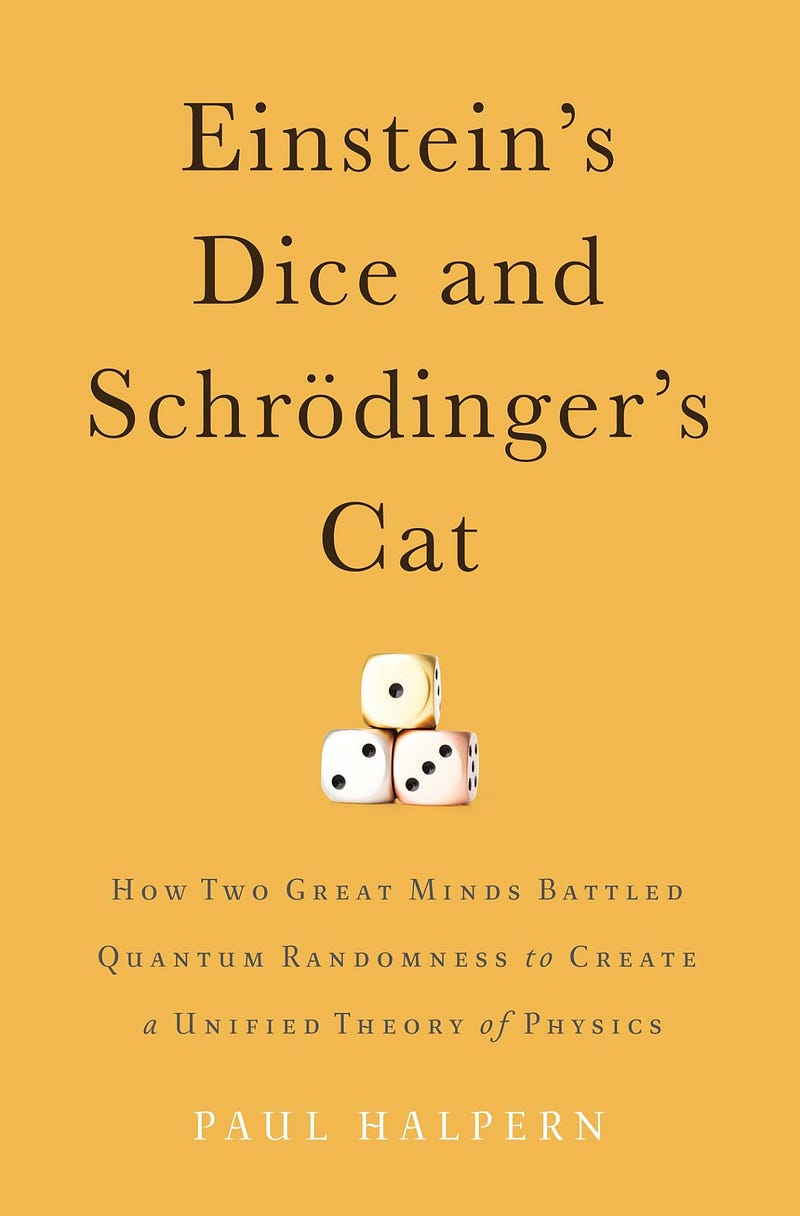
The other half — perhaps the more philosophically interesting half — of the book focuses on the conviction that both men had (Einstein steadfast in his conviction, Schrödinger somewhat of an oscillatory enigma) that the Universe must, at some fundamental level, be the deterministic system that Newton had originally envisioned.
It was their correspondence and friendship that led to the thought experiment of Schrödinger’s cat, and to Schrödinger himself pursuing a unified theory of relativity and electromagnetism — hopefully along with the nuclear force — that would leave no room for indeterminism. The idea that a cat could simultaneously be dead-and-alive was simply abhorrent to them both.
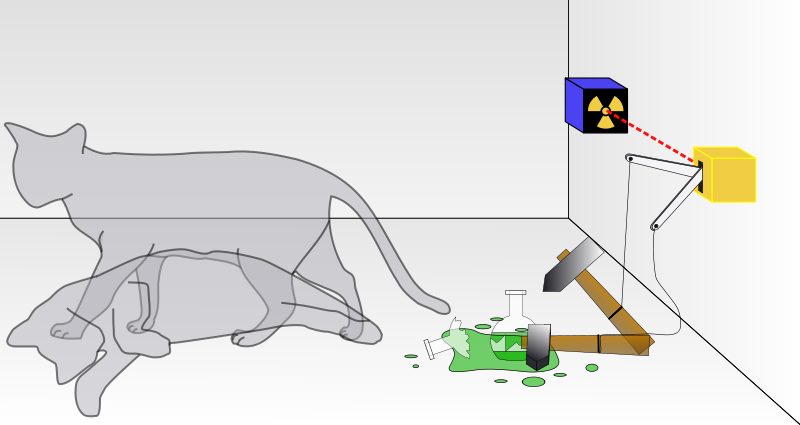
The story is masterfully told, with Paul displaying a clear reverence and respect for his subjects, even when we — the reader — might rush in judgmentally with damnation. Schrödinger, in particular, comes across as extremely cowardly and insecure, reminiscent (for the younger readers among you) of Shou Tucker, the sewing-life alchemist, who was willing to sacrifice everything he held dear for a stab at the greatest glory imaginable. The consequences, whatever they were, were a small price to pay.

In the end, no amount of evidence could dissuade either Schrödinger or Einstein from their ideological conclusion of how the world must be, despite finding themselves and their efforts thwarted over and over again no matter what avenue they took.
It’s easy to be reminded of the old saying about physics advancing one funeral at a time, as the old guard doesn’t seem to be able to let go of their ideas about how the world ought to work in favor of how it actually does work, as shown by the evidence. Even Einstein’s collaboration with Pauli, where they worked out explicitly why and on what grounds their unification schemes were bound to fail, didn’t dissuade either Einstein or Schrödinger from continuing that same avenue of exploration.
If you’re at all interested in the idea that, “perhaps God doesn’t play dice with the Universe,” you really should check this book out, and if you’re like me, you’ll wind up wanting, at various points, to jump into the pages and shake one (or both) men back-and-forth, pleading with them to learn the invaluable lesson that the Universe is trying to teach them. If you’re a history buff, you’ll want to take notes on all the discoveries and names simply thrown out in passing, as even the most well-read among you will find things you didn’t know; I myself didn’t realize that the “Klein” of Klein bottles (Felix Klein) and the Klein of Kaluza-Klein theory (Oskar Klein) were two different people!
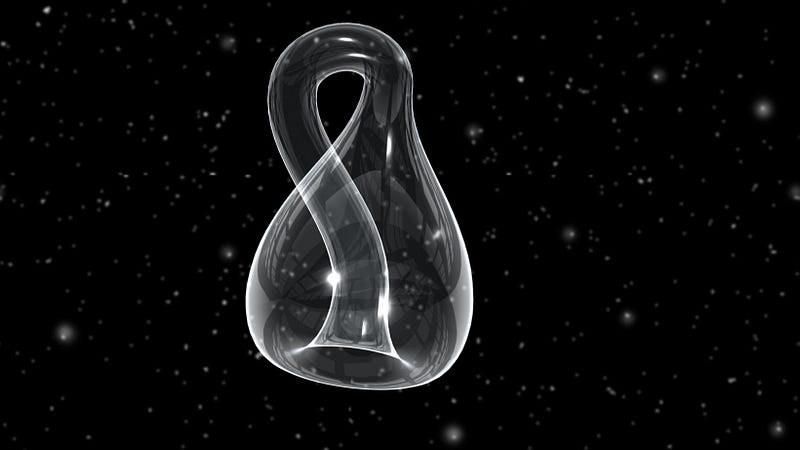
As it is, Marcelo Gleiser sums up the book very well, stating,
“We have seen books that celebrate Einstein and Schrödinger as two of the greatest scientists of all time. With clarity and diligence, Halpern does something different: he explores how intellectual curiosity and vanity get enmeshed with power struggles and the media to bring out the worst in good-willing people, especially when the stakes are as high as the creation of a God-like ‘theory of everything.’”
While I don’t agree with everything Paul writes, in particular his seeming admiration for the cases where each man happened to be right about something then unknown for some very wrong reasons (like Schrödinger’s anticipation of dark energy), this is a remarkably informative read that will certainly elicit a strong opinion from most readers about the relative merits and demerits of these two lives. In Paul Halpern’s book about Einstein and Schrödinger, we get an inside look at two very different, brilliant minds struggling against a problem that no amount of brilliance will get you out of: pursuing a theory of physics that doesn’t describe the Universe we live in. It makes you wonder how many of the “best” theoretical ideas that lack evidence at the present:
- supersymmetry,
- extra dimensions,
- grand unification,
- string theory,
will turn out to be completely wrong. In addition, it makes you wonder how many — if any — of its proponents will be willing to abandon these ideas, or if, like Einstein and Schrödinger, they’ll struggle on trying to catch a glimpse of the promised land they’ll never reach, like Moses towards Canaan, until their dying day.
Pick up Paul Halpern’s new book, Einstein’s Dice and Schrödinger’s Cat: How Two Great Minds Battled Quantum Randomness to Create a Unified Theory of Physics, here. Read an interview with him here, if you like.
And leave your comments at the Starts With A Bang forum on Scienceblogs!


